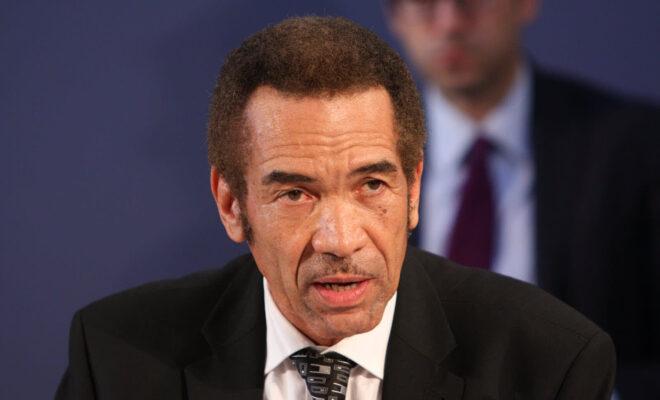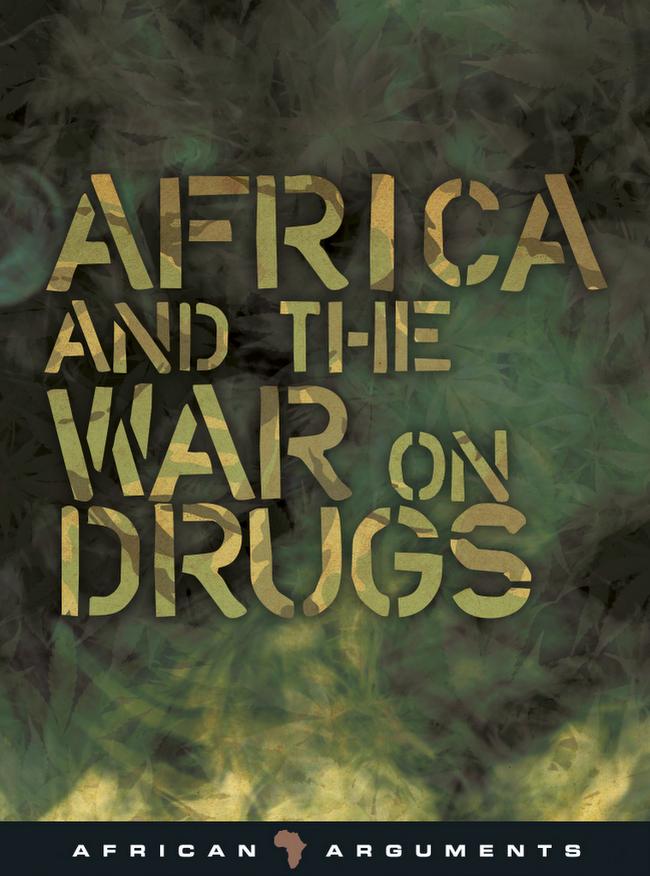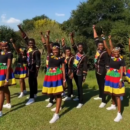Insiders Insight: Who wins when Bostwana’s presidents feud?


Former President Ian Khama of Botswana at the London Conference on The Illegal Wildlife Trade, 13 February 2014. Credit: Foreign and Commonwealth Office
African Arguments is and always will be freely-accessible to everyone.
But we also have a separate spin-off product called the Africa Insiders Newsletter. It consists of weekly emails with additional snappy insights on topics such as elections, conflict, health and more. It’s for those who want a bit extra and comes with a small subscription fee:
- Regular: $10/month or $100/year
- Patron: $15/month or $150/year. The extra 50% goes straight to funding African Arguments.
- Student/limited income: $2/month or $20/year.
The profits from the newsletter go into funding African Arguments’ free content.
Click here to SUBSCRIBE.
Table of contents:
- The follow-up
- Strategising in Sudan
- What everyone is talking about
- Ebola in Kenya?
- What we are talking about
- A political family feud in Botswana
- Health Corner
- New study on HIV has some good news and bad news
- Hear this word
- Botswana goes against the tide with gay rights
- State of the earth
- Drought-hit Namibia to auction $1.1m worth of wildlife
- What else?
- If you have time, read these!
Click here to SUBSCRIBE.
Free segment: What everyone is talking about
A political family feud in Botswana
The essentials: A feud between Botswana’s former president and his hand-picked successor has the potential to upend the country’s political scene just months before new elections.
The background: Last year, in a unique Botswanan political custom, President Ian Khama handed over power a year ahead of the country’s elections. His predecessor, Festus Mogae, had done the same, offering Khama the opportunity to consolidate his hold on the office and the political establishment a year ahead of national elections.
Khama did this too for his chosen successor, Mokgweetsi Masisi, who took over the office in April 2018. But rifts appeared almost immediately between the two as Masisi began to reverse some of Khama’s signature policies and fire some of his political allies, including the former spy boss Isaac Kgosi.
Now Khama has very publicly split with his successor, leaving the ruling Botswana Democratic Party, which his father founded. And he has been on a very public campaign to undermine Masisi ahead of scheduled elections in October that will determine whether Masisi can secure his hold on power.
The good: Khama’s defection might actually open up democratisation in a country that has long been dominated by the BDP. His new party, the Botswana Patriotic Front, might reflect a deeper split in the BDP and begin to siphon off the party’s leaders and its voters.
The bad: It’s not clear whether the BPF really represents a break from the past. While Botswana has been one of the region’s most stable democracies, Khama showed a worrying authoritarian streak. So there’s some reason to wonder whether this is a power grab on his part to reassume control. The wrangling might also compel Masisi to consolidate his hold on political power, though he’s been content to largely keep silent at the moment and leave his fate to voters.
The future: October’s elections could now be a critical moment in Botswana’s political history.
- In Botswana, Masisi-Khama rivalry set to play out in October vote (The Africa Report)
- Ian Khama and the post-presidential blues (Mail & Guardian)
- Ian Khama’s renewed ambitions could reshape Botswana’s long-standing political equation (The Daily Maverick)
Discuss with @_andrew_green on Twitter
Click here to SUBSCRIBE.
The Africa Insiders’ Newsletter is a collaboration between AfricanArguments.org and @PeterDoerrie, with contributions from @_andrew_green, @shollytupe, and assistance from Stella Nantongo. Part of the subscription revenue is funding in-depth and freely accessible reporting and analysis on African Arguments.





